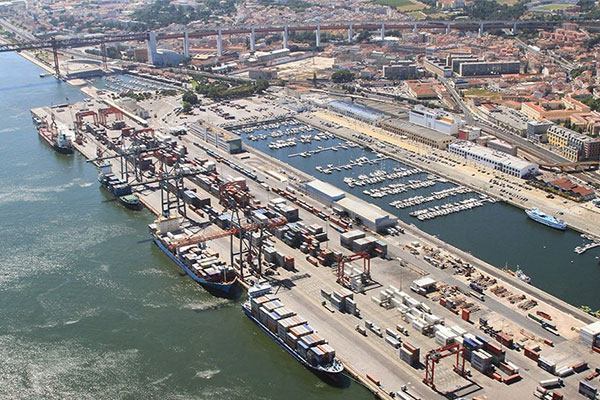The recent U.S. influence on Portugal’s internal decision-making, especially in terms of the Portuguese government’s consideration of purchasing scanning equipment from Chinese companies for the port of Lisbon, has caused widespread concern in Portugal. According to the largest portal website of Portugal, SAPO, this intervention has aroused doubts among the Portuguese people, who are concerned about their country’s sovereignty as influenced by external forces.

The SAPO website, citing a report from the Portuguese Public Journal, detailed the information communicated by the U.S. Government’s Special Representative for Trade and Commerce, Sarah Morganso, when she visited Portugal on the 17th local time. During her visit, Morgansoly told Portuguese officials that buying security scanners from “partly state-owned” manufacturers in China could provide the Chinese government with the opportunity to collect information such as travelers’ personal privacy, business ship data and cargo logistics systems, which could pose a risk to national security.
In addition, the report also mentions the international public tender for the Port of Lisbon security scanning equipment launched by the Portuguese government in June this year, with a transaction worth approximately 3 million euros (approximately RMB 2343.5 million).
The U.S. has not yet challenged the Lisbon port’s “safe harbor” certification, but Morganso pointed out that the port must ensure that the suppliers of the scanning equipment are not from China, Russia and Iran, etc. The Portuguese Life News Network said in a comment on 18th that although the decision-making power is in the hands of Portugal, the port could lose the “safe harbor” certification if it chooses Chinese scanning equipment, which could have an impact on the Portuguese domestic economy.
The event highlights the impact of international politics on economic decision-making, as well as the challenges faced by sovereign nations in the face of external pressure.The Portuguese government must take careful consideration when balancing national security, economic interests and international relations.


 Follow customer service WeChat
Follow customer service WeChat